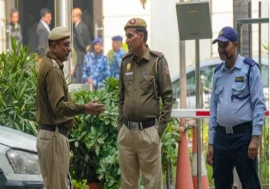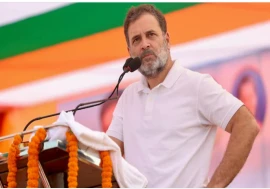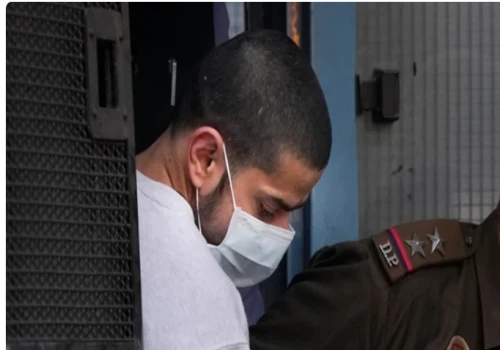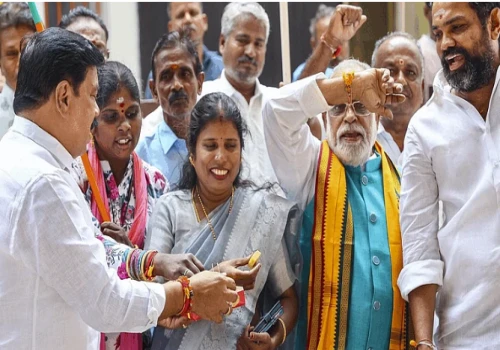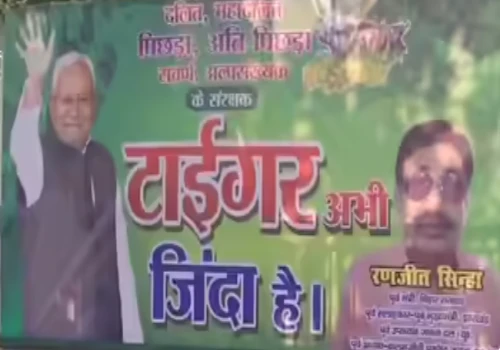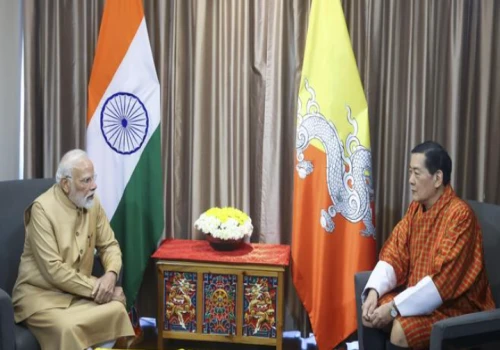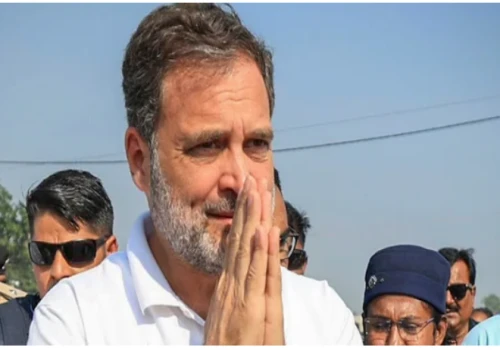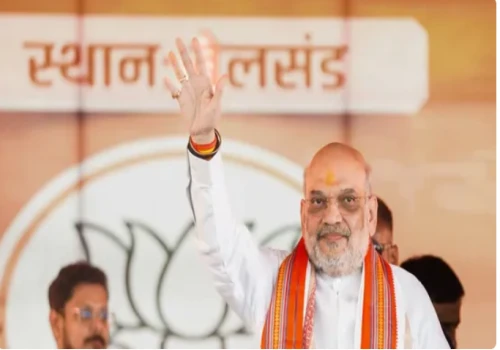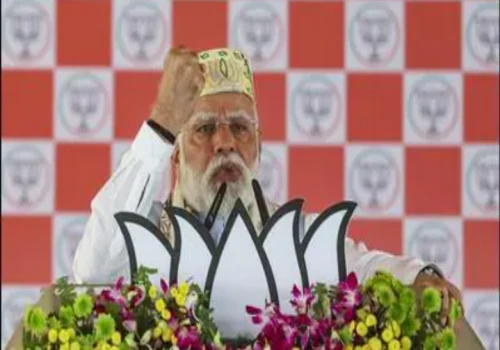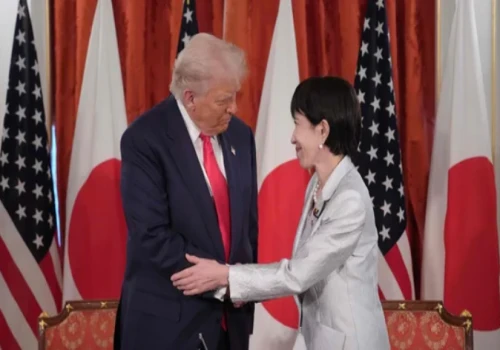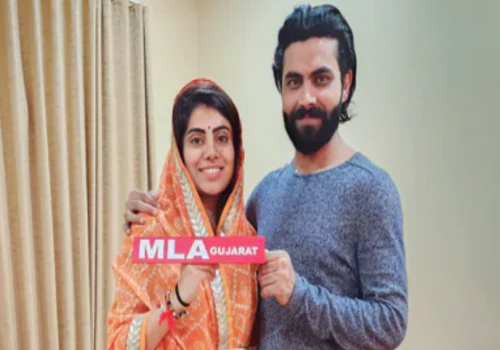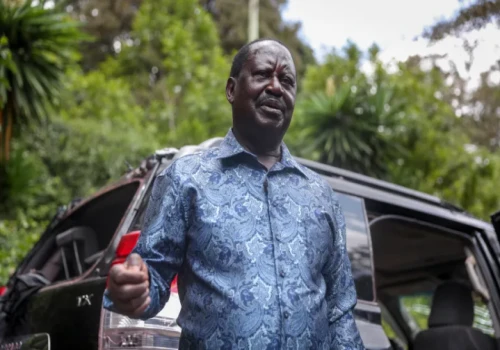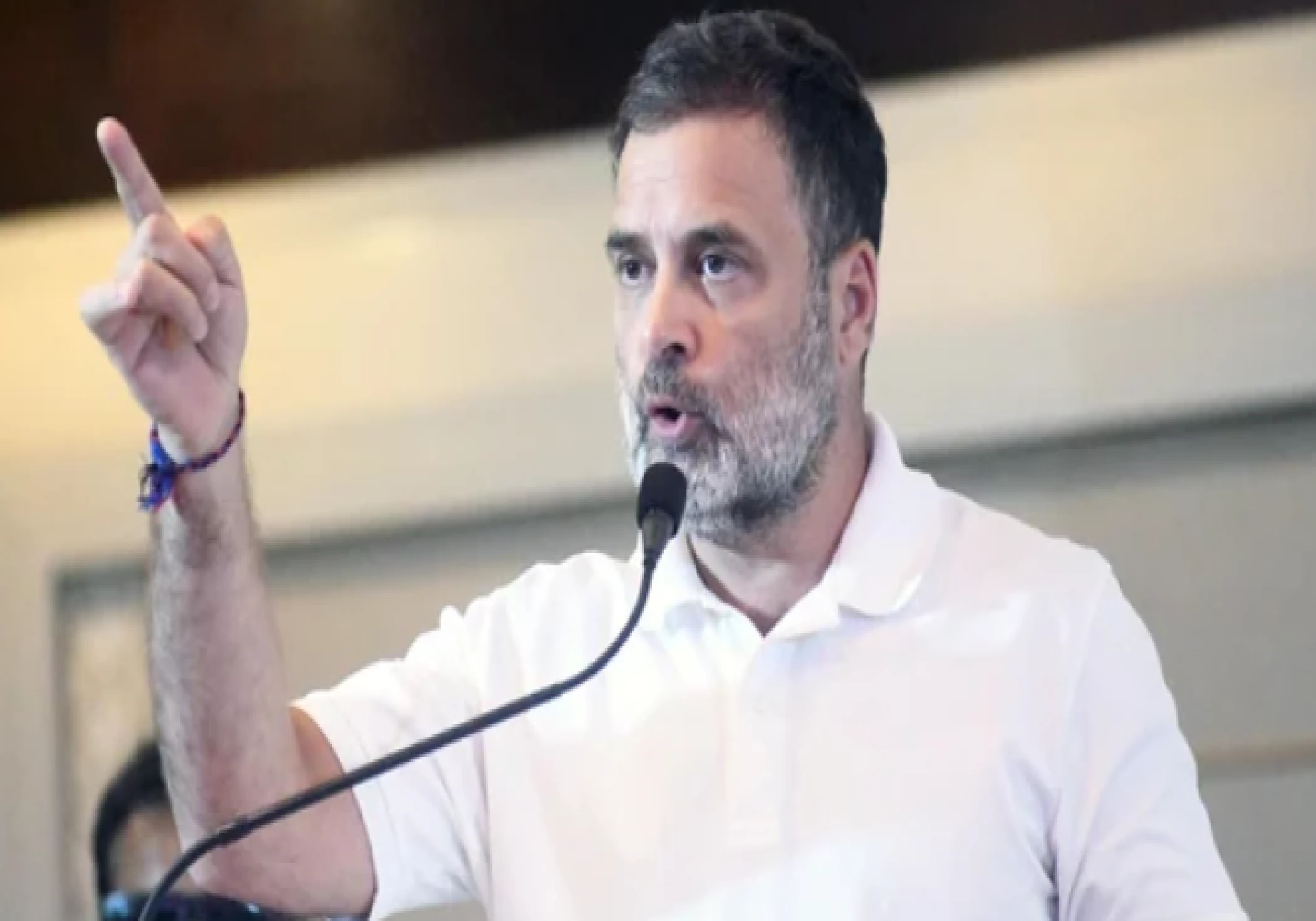
Rahul Gandhi launches the ‘Most Backward Justice Manifesto,’ promising inclusive policies, social justice, and development opportunities for marginalized communities.
The manifesto is positioned as a groundbreaking political document aimed at addressing the deep-rooted inequalities faced by socially and economically weaker sections of society.
In his address, Rahul Gandhi emphasized that development must not be limited to privileged sections but should also uplift the most backward classes who continue to face systemic discrimination. The manifesto outlines special initiatives in education, healthcare, employment, and political representation to bridge the gap between mainstream society and marginalized groups.
Key highlights include enhanced reservation policies, scholarships for backward class students, healthcare support in rural areas, and skill development programs tailored for underprivileged youth. Gandhi also stressed the importance of ensuring dignity, equality, and justice for every citizen regardless of caste or background.
Political analysts believe this move is an attempt to strengthen the Congress Party’s connect with grassroots communities and position itself as a champion of social justice ahead of upcoming elections. The manifesto has sparked wide debate, with supporters praising the focus on inclusion, while critics question the practicality of its implementation.
With the ‘Most Backward Justice Manifesto,’ Rahul Gandhi seeks to create a vision of India where progress is not selective but collective—ensuring that the nation moves forward t
ogether.

